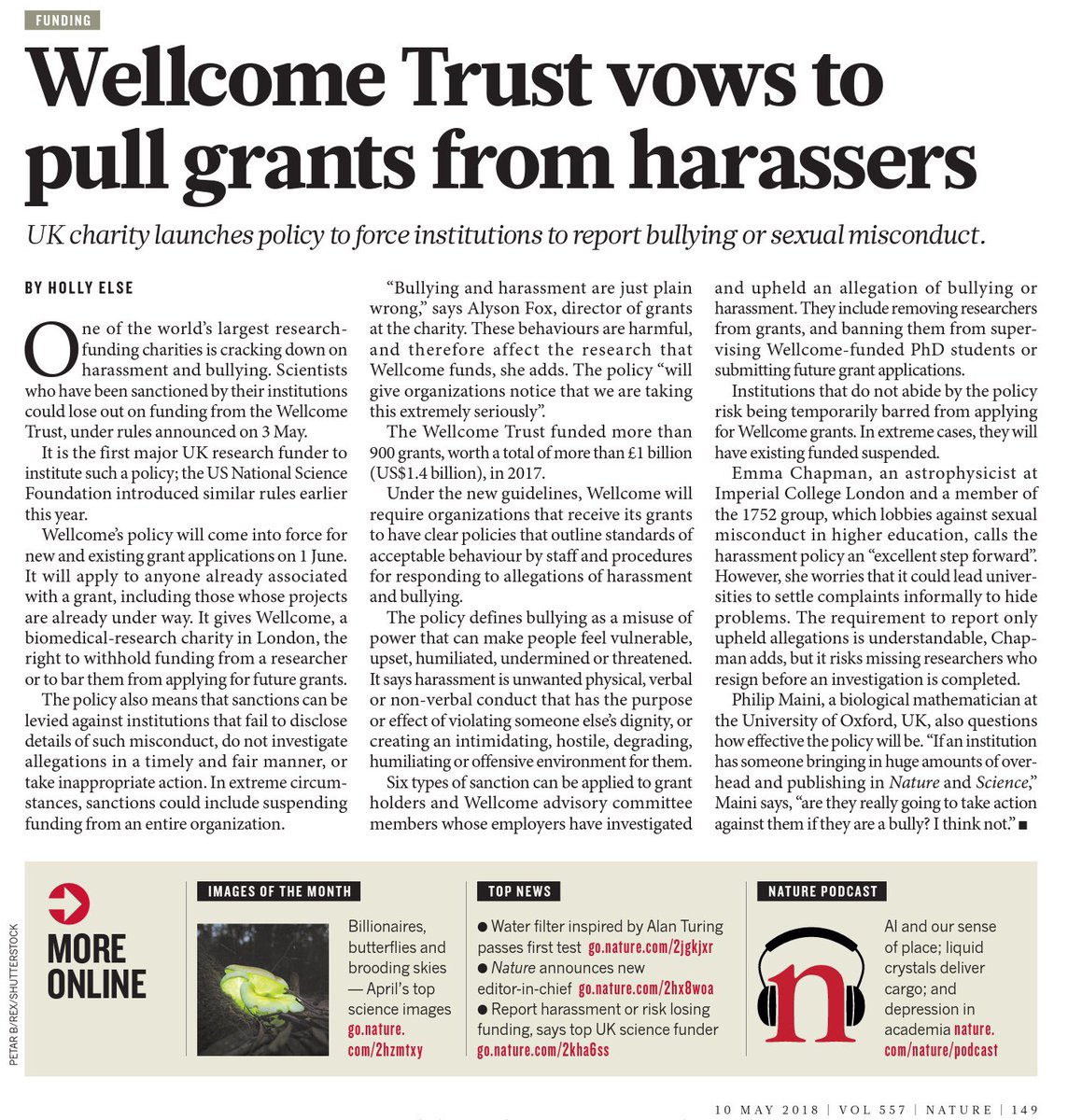
Credibility in Neuroscience
Introducing @BritishNeuro & credibility in science
How statistical power influences expected reproducibility-Johan Carlin @johancarlin
Registered reports-Guillaume Rousselet @robustgar
Preregistration posters-Rik Henson @rikhens
Introducing @BritishNeuro & credibility in science
How statistical power influences expected reproducibility-Johan Carlin @johancarlin
Registered reports-Guillaume Rousselet @robustgar
Preregistration posters-Rik Henson @rikhens
Two cognitive biases that make it hard to do science well
-Confirmation bias: selective attention/memory
-Failure to understand probability
-Confirmation bias: selective attention/memory
-Failure to understand probability
https://twitter.com/adorrego_r/status/1282231753436995591
In response to what is referred to by some as the Reproducibility Crisis, the psychology community has been trialling various Open and Reproducible Science solutions. These initiatives are relatively new concepts to broader neuroscience @BritishNeuro
#RRI
bnacredibility.org.uk/academia
#RRI
bnacredibility.org.uk/academia
The huge pressure to publish as many papers as possible has led to increasing levels of non-reproducible research, that can skew scientific understanding, contribute to hyped expectations, & jeopardise the translation of research to real-world applications
acnr.co.uk/credibility-of…
acnr.co.uk/credibility-of…
To ensure a sustainable future for 21st century neuroscience #research, we must ensure the credibility of research – that it is reproducible, replicable, and reliable. That means rewarding the best science can sometimes be slow to progress @AnnetteCDolphin
https://twitter.com/acnrjournal/status/1199043855003373570?s=21
While the issue of scientific credibility is now being addressed by many research councils, institutes & journals, which support and adopt credibility initiatives, the archaic publish or perish attitude still resonates throughout our neuroscience community
ncbi.nlm.nih.gov/pmc/articles/P…
ncbi.nlm.nih.gov/pmc/articles/P…
As neuroscientists, we have a duty to strive for the best science: science that is reliable, sustainable and will make a difference to our future. Working together is key to this, from journal publishers and societies to universities @DrACooke @ACNRjournal
acnr.co.uk/credibility-of…
acnr.co.uk/credibility-of…
• • •
Missing some Tweet in this thread? You can try to
force a refresh






